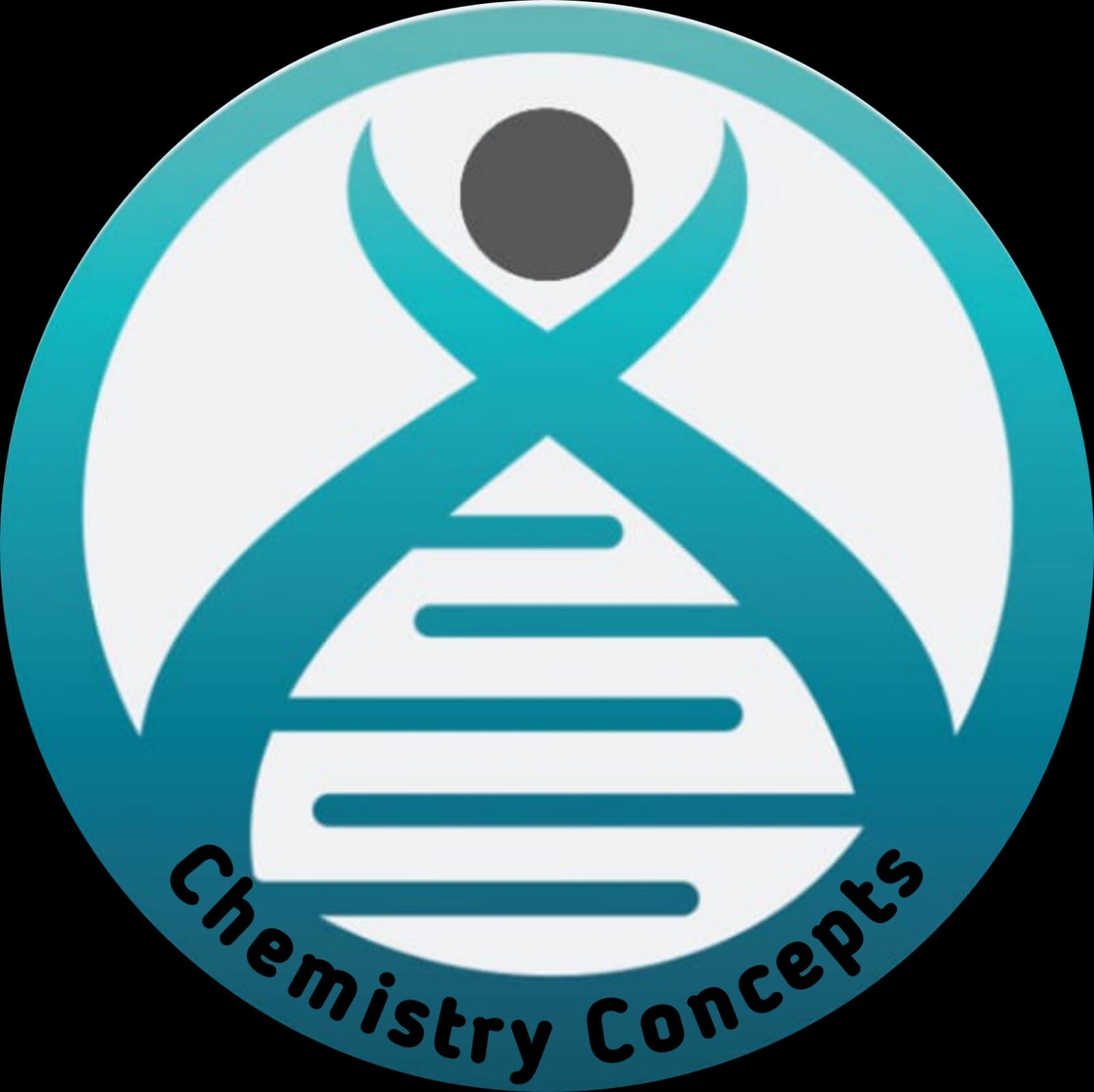Alkynes are a class of organic compounds that contain a carbon-carbon triple bond, and play an important role in organic chemistry.
Structure of Alkynes
Alkynes are composed of carbon and hydrogen atoms and have the general formula CnH2n-2. The carbon atoms in an alkyne are bonded together with a triple bond, which consists of one sigma bond and two pi bonds. This triple bond makes alkynes unsaturated hydrocarbons, as they contain fewer hydrogen atoms than the corresponding alkane.
Reactivity of Alkynes
The triple bond in alkynes makes them highly reactive, as the pi bonds are easily broken and reformed in chemical reactions. This reactivity makes alkynes useful starting materials for a wide range of organic reactions, including addition reactions, polymerization reactions, and oxidation reactions.
Addition reactions are reactions in which a molecule is added across the triple bond in an alkyne, breaking the pi bonds and forming a new bond between the two carbon atoms. For example, hydrogenation is the reaction of an alkyne with hydrogen gas to form an alkene, in which a hydrogen atom is added to each carbon atom in the triple bond.
Polymerization reactions are reactions in which monomers, or small units, are combined to form a polymer, or a large molecule composed of repeating units. Alkynes can be polymerized to form a variety of polymers, including polyacetylene, a conductive polymer.
Oxidation reactions are reactions in which an alkyne is converted into a carboxylic acid or a ketone through the addition of oxygen. For example, the oxidation of acetylene with an oxidizing agent such as potassium permanganate results in the formation of acetic acid.
Synthesis of Alkynes
Alkynes can be synthesized from alkanes through a process known as alkyne synthesis. The most common method of alkyne synthesis is the addition-elimination reaction, in which an alkane is treated with an alkene and a strong base to form an alkyne. For example, the reaction of an alkene with an alkene and a strong base results in the formation of an alkyne.
Applications of Alkynes
Alkynes have a wide range of applications in both industrial and consumer products. For example, acetylene is used as a starting material for the synthesis of a wide range of chemicals, including plastics, rubber, and synthetic fibers. Additionally, alkynes are used as fuels, solvents, and lubricants, among other applications.
In conclusion, alkynes are an important class of organic compounds that play a vital role in organic chemistry due to their reactivity and versatility. They are widely used as starting materials in a variety of chemical reactions and have a wide range of applications in both industrial and consumer products.

